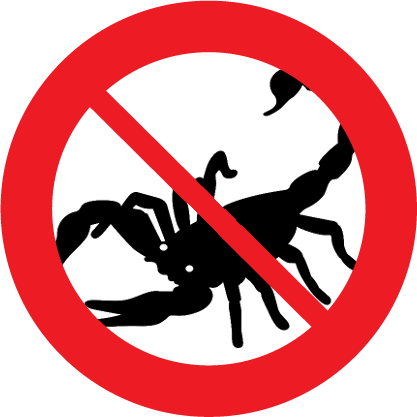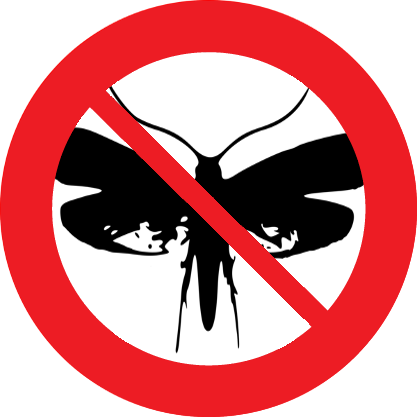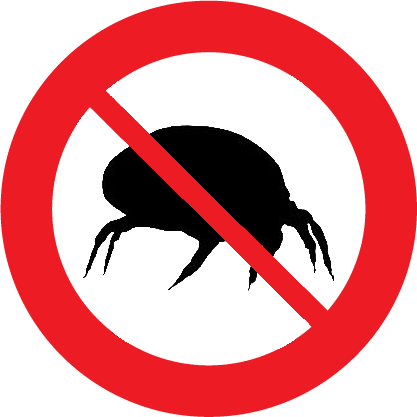
Flour Beetles
Flour Beetles are pests of cereal silos. The flour beetle destroys wheat and other grains and is adapted to survive in very dry environments. It can withstand high amounts of radiation (even more than cockroaches). It’s a major pest in the agricultural industry, and highly resistant to pesticides. For this reason, we recommend our non-toxic Cryonite treatment for them and other grain-eating pests. We also offer chemical methods.

Scorpion
The Cyprus scorpion (Mesobuthus cyprius Gantenbein) is yellow to yellow-brown in color. It’s common in gardens. Though it is rare, scorpions have been known to enter houses, and their sting hurts as much as a bee sting. We’ve seen instances where scorpions have crawled into shoes and under bedsheets, stinging people. We offer chemical methods for combating scorpions.

Silverfish
Silverfish feed on books and dead skin cells and thrive in dark, wet spaces. They are unable to survive in low humidity. Reducing moisture is critical for silverfish management. It is also important to remove their food sources. After inspection, moisture control, and elimination of their food sources, insecticide treatments are required for silverfish control and elimination. We offer chemical and non-chemical methods for combating silverfish.

Fleas
Fleas have piercing-sucking mouths through which they draw blood from their hosts. Bites are usually found on the lower legs but can also occur on other parts of the body. Some people and pets suffer from flea bite allergic dermatitis, characterized by intense itching, hair loss, reddening of the skin, and secondary infection. A bite causes itching that persists for 5 days. We offer chemical methods for combating fleas.

Ticks
Ticks are very common in the homes of dog owners. They bite humans and pets in order to draw blood, and can transmit diseases. There are steps we can take to minimize their presence in gardens by applying pesticides along the property perimeter. We also sell products for treating pets to prevent them from becoming infested by ticks and bringing them into your home. We offer chemical methods for combating ticks.

Spiders
Spiders feed on insects that commonly invade your home, such as flies. However, if they have a steady supply of food available, they may become well established in your home or business, creating an infestation. We can apply pesticides to the interior areas of buildings to deal with spider infestations.

Moths
Clothes moths can be very destructive pests of wool, furs, and other natural or blended fabrics. The moths lay their eggs on the fabrics. The hatched larvae then feed on and spin webbing on the clothes, creating holes. Food moths can infest food stores at great expense. In food processing facilities, their webbing can cause major damage to machinery. We offer chemical and non-chemical methods for combating moths.

Mites
Mites are related to ticks and resemble insects, but they lack wings and eyes. They’re quite small, making them hard to identify. Many people don’t realize they’ve been exposed to mites until they notice what looks like small bites. They can cause allergic reactions in people. We offer chemical and non-chemical methods for combating mites.

Millipedes
Some millipede species give off an ill-smelling fluid through openings along the sides of the body. Underscoring the importance of millipede control, this fluid can be toxic to small animals and pets, and can cause small blisters on humans. We offer chemical methods for combating millipedes.
